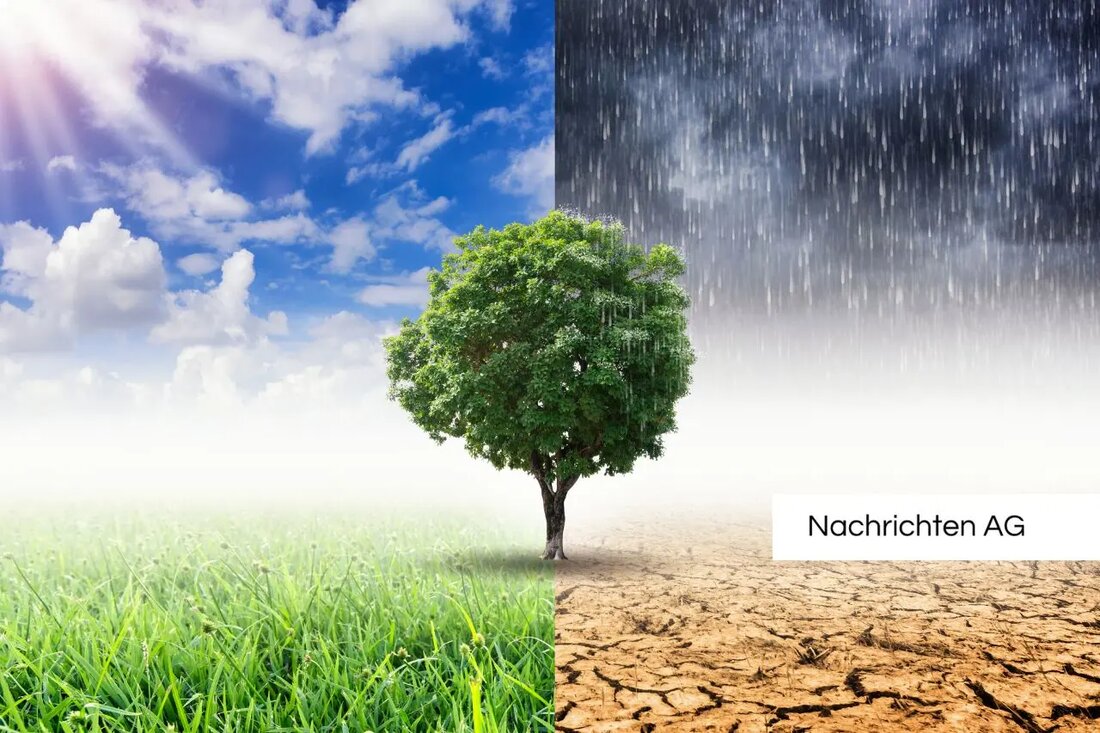Germany ticket: Is the price increase for passengers?
Germany ticket: Is the price increase for passengers?
The GermanyTicket represents a central component of the mobility offensive of the traffic light coalition in Karlsruhe. the ticket is established as the dominant offer in local public transport (public transport). Originally, the Germany ticket was created as a result of the successful introduction of the 9-euro-tickets in the summer of 2022, which was part of a comprehensive relief package.
In the period between June and August 2022, impressive 52 million 9-uro-tickets were sold. The initiative enabled travelers to travel all over Germany for only 9 euros per month. The weekends in particular were characterized by heavily frequented platforms, since many people discovered new destinations such as Sylt and Garmisch-Partenkirchen. However, the regional trains were often crowded, which meant that 18% of the trains were late. This corresponds to an increase of 30% compared to previous years.
challenges and expectations
A study by the IFO Institute and the Universities of FAU Erlangen-Nürnberg and Salzburg evaluated the 9-euro-Ticket overall as expensive and inefficient. The cost of the federal government was around 2.5 billion euros, while the hoped-for climate protection effect failed to materialize. Car traffic could only be reduced by 4-5%, and after the end of the 9-euro ticket, the train journeys quickly went back to their previous level.
The 49-euro ticket that has been valid since March 2023 also brings little hope of improved transfer of traffic. Experts expect the regular users of public transport to benefit from the Germany ticket. Nevertheless, the transport ministers of the federal states have already announced a price increase for the Germany ticket in the coming year.
A look into the future of public transport
The federal government sees public transport as the key to climate -friendly mobility and general interest. For this reason, the expansion and modernization of public transport is driven forward. The aim is to improve the attractiveness and capacities and increase passenger numbers. In 2020, 20 million passengers already used the services of VDV companies every day, which made 58 billion person kilometers.
annually save buses and trains around 10 million tons of greenhouse gas emissions compared to the use of cars. To enable these improvements, the federal government will provide 1.5 billion euros for the DeutschlandTicket ready. A comprehensive pact for the further development of public transport is currently being developed between the federal government, the states and the municipalities, with the aim of establishing simplified tariff structures and quality criteria by 2030.
| Details | |
|---|---|
| Quellen | |


Kommentare (0)